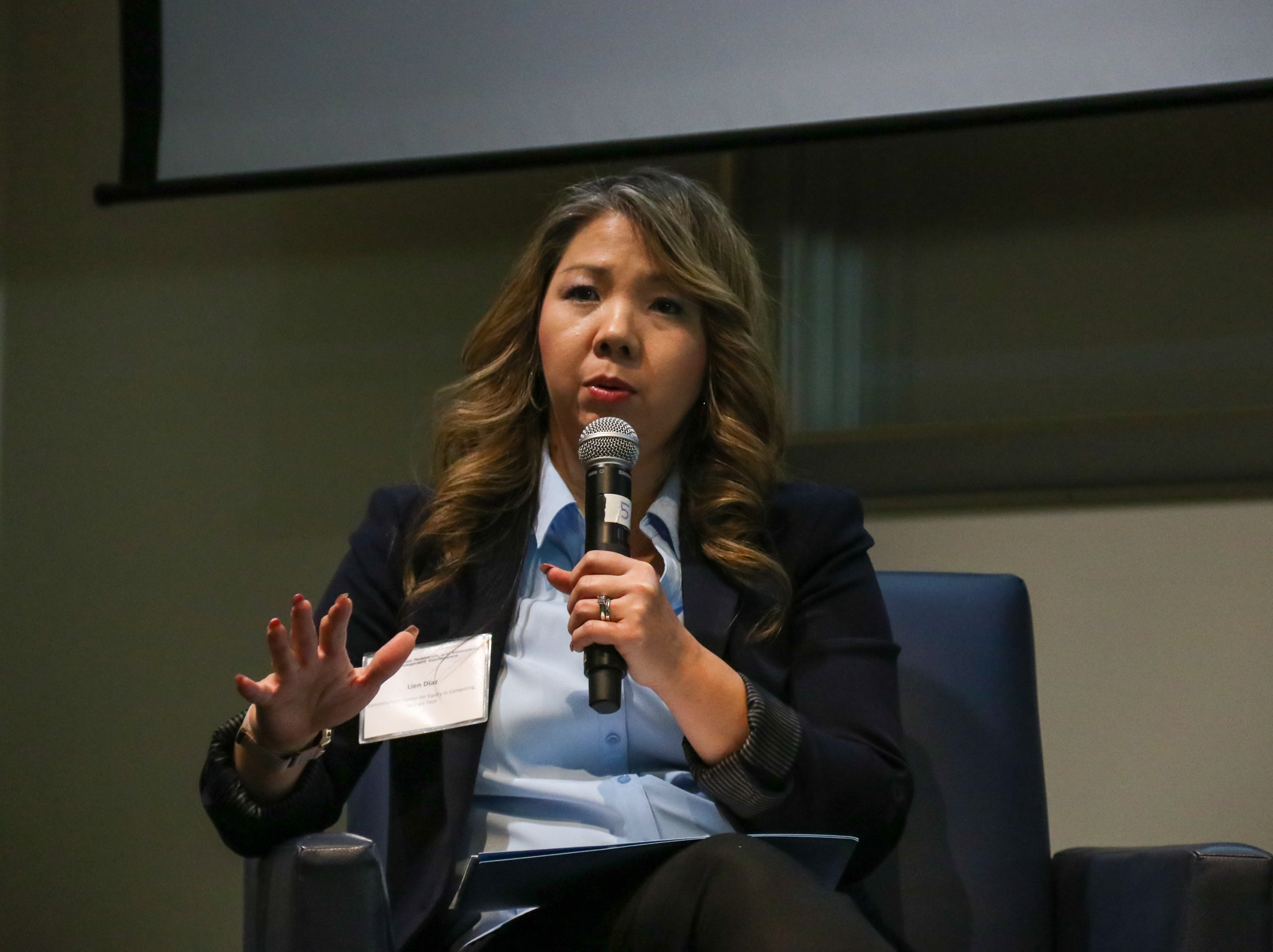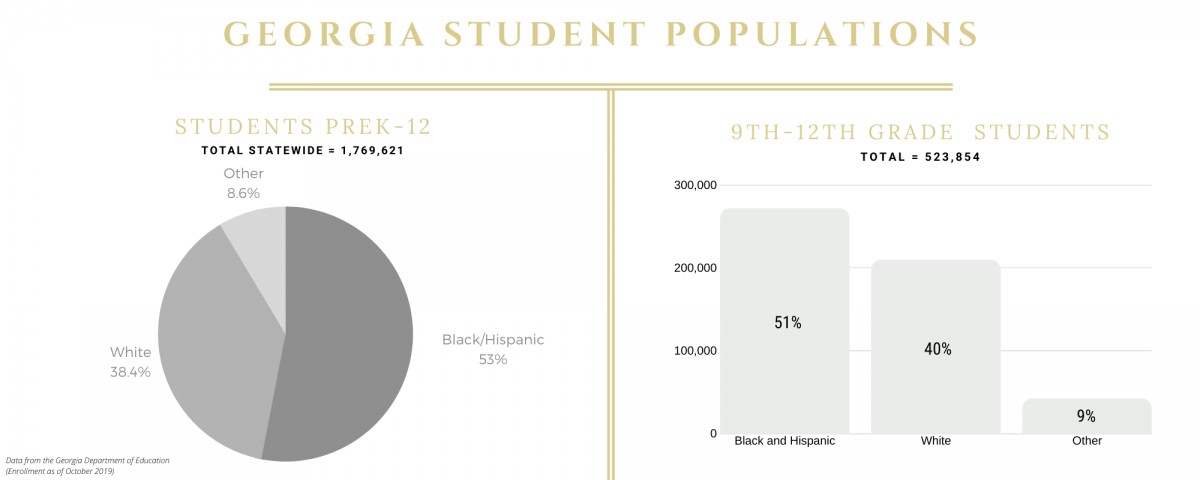
My Journey in 2019 and What’s Driving Me in 2020
The new year has brought me to an unexpected place of internal reflection on personal goals as well as thinking about how to continue driving the mission of the Constellations Center.
2019 was filled with emotionally charged moments for me. Seeing my twins grow up so fast before my eyes gave me a harsh reality check about improving my parenting skills and learning to simply just be there for them. What they mainly want is for me to not get in the way and to listen. Over the years, I’ve practiced coaching them to resolve their own situations for themselves. Instead of giving them a solution, I’m working to allow them to come up with their own answer that works for them. They’re 12, and while it has not necessiarly been the easiest thing to do, it has been one of the best things that has strengthened my relationship with them. I’m a parent in progress.
In the summer, I found myself in another defining moment while critically examining the lessons learned from the first year of implementation at Constellations. Unforeseen changes called for casting a wider search to rebuild the team. With a new team and a renewed approach, the fellows and I set out to not repeat the same mistakes and dig deeper tracks to broaden our reach and ensure higher levels of sustainability. This is not easy work and convincing people to do this work is also not easy. We practice coaching strategies amongst ourselves and I encourage tons of self-reflection and the continual cultivation of principle-valued thinking. I promote the determination to remain life-long learners dedicated to the mission of democratizing computing. We’re getting better at it every day.
Last August, I was in El Paso, TX when a man with an AK-47 killed 22 innocent people at a Walmart and injured dozens more. I’m still coping with the notion that the perpetrator’s goal was to specifically gun down people in El Paso because of his disdain for Latinos in America. My dad was born in Mexico and I grew up in the El Paso/Juarez community. I learned to relish in the Mexican culture, its music, food, and family values. It’s a part of me. This tragedy shook me to my core but notwithstanding it invigorated my steadfast commitment to equity in education.
Latinos are not bad people. I come from a family of immigrants who have dedicated their lives to serve in the military and the communities we’ve lived in. My dad was in the U.S. Army for more than two decades. We lost him in December. He lived an honorable life. He was a Vietnam War veteran, a world traveler, and he loved to tell a good joke. He saved me and my mom from the aftermath of the Vietnam War. From him I learned self-perseverance and the concept of finishing what you start. I certainly don’t intend to let him down.
In the midst of wrapping up the first semester of the academic year, Constellations coordinated computer science (CS) carnivals across multiple high schools in Atlanta Public Schools during CS education week. We organized volunteers from the industry and together with the fellows, they facilitated interactive sessions to engage students in learning computer science. Students learned to interpret algorithms by playing card games, gained understanding on how sorting information can be done with an organized network, programmed Rasberry Pis to create emojis, and drones to complete an obstacle course. All in all, we engaged nearly 800 students and used the events as an opportunity to encourage students, especially female students, to sign up to take a computer science course next year.
I consider these efforts a success by the sheer number of students that were able to participate, the comments from teachers and students about demystifying how hard computer science is perceived to be, and the feedback from the industry volunteers who had the chance to give back to the community. They were all impressed with students at each and every school, and are eager to continue volunteering at these schools.
By the same token, there are lessons learned. Efforts to ensure all students felt “safe” and did not experience imposter syndrome is difficult to do. We can teach computer science in ways that are easier for them to learn, but this — building a safe space for all learners in computer science to make them feel like they belong — this is hard. We have to relentlessly check our biases and constantly remind ourselves that what we say and do matters — and it matters most to marginalized students.
Moving into 2020 came with a lot to consider. What hasn’t changed is the overwhelming evidence that there is still much to do to expand access to computing.
Consider the enrollment of students in Georgia. There are nearly 1.8 million students enrolled in Pre-Kindergarten through 12th grade and it is significant that the number of Black and Hispanic students combined is greater than the number of White students. The data holds true for students in high school as well. This is astounding to me! The enrollment in Georgia schools is majority minority students. The landscape of students in Georgia is continuing to change and we must be ready to prepare all students for a technologically advanced society, regardless of their race, ethnicity, gender or identity. This is the mission of the Constellation Center.

Still, in 2019, according to College Board data for Georgia, only 1,100 Black and Hispanic students combined took an Advanced Placement computer science exam compared to 2,500 of their White peers. This is not even close to reflecting the student population in Georgia high schools. We will continue efforts to close the gaps in access, opportunity, and achievement for our students in this discipline.
Looking ahead into 2020 and to the future of our state’s economy and the prosperity of our nation, I can’t help but to reflect on how to scale efforts to have a greater impact on students while still holding true to principles of equity in computing education. Here are some ideas and recommendations I’m considering:
- The development of partnerships with regional stakeholders will be a critical factor in expanding access to computing across Georgia. These partnerships include but are not limited to Regional Educational Service Agencies, tech companies, teachers and district leaders, and political officials who can influence the structures needed to support CS education.
- Increasing the role and responsibilities of local businesses to provide information and resources with the goal of bridging gaps between secondary and post-secondary opportunities as well as internships that have shown success in building programs. This includes partnerships with companies that can supplement teacher compensation.
- Scaling our teacher professional development model to include virtual support on a regular basis will have a greater impact within and outside of the Atlanta Metro area. This will include live and recorded webinars and access to videos focused on content building around important CS concepts. Ensuring alignment to local implementation is important. We need to help districts make good decisions about curriculum and pedagogy that is culturally relevant and inclusive.
- Double down on emphasizing equitable recruitment efforts to remove barriers into advanced computing courses. I can’t say this enough. Just when we think we have a good handle on access and enrollment, it still boils down to combating biases. This means examining and changing practices to allow enrollment of students with various backgrounds and interests, abilities and disabilities, as well as race, ethnicity, gender and identity to (at the very least) accurately reflect the population of a school and its community. That said, it’s not enough to just convince more females or students or color to take computer science. We must do better in creating an environment where the norm is a safe and welcoming place for all students to achieve.
- Strengthening the center’s coaching model for continual leadership development is key to sustainability. Utilizing coaching strategies to motivate improvements has been the best way to make the changes necessary to keep succeeding. It really is all about continual development as a leader not just for me, but for colleagues around me. We need educators to be critical thinkers and to be able to discuss data and analyze the impacts of each strategic move we make together. That means looking at research and at the same time making calculated risks that are going to help us move the needle — it can be daunting but I can’t wait 200 years to see the changes I want to see. I want my children and yours to have a chance in this lifetime.



